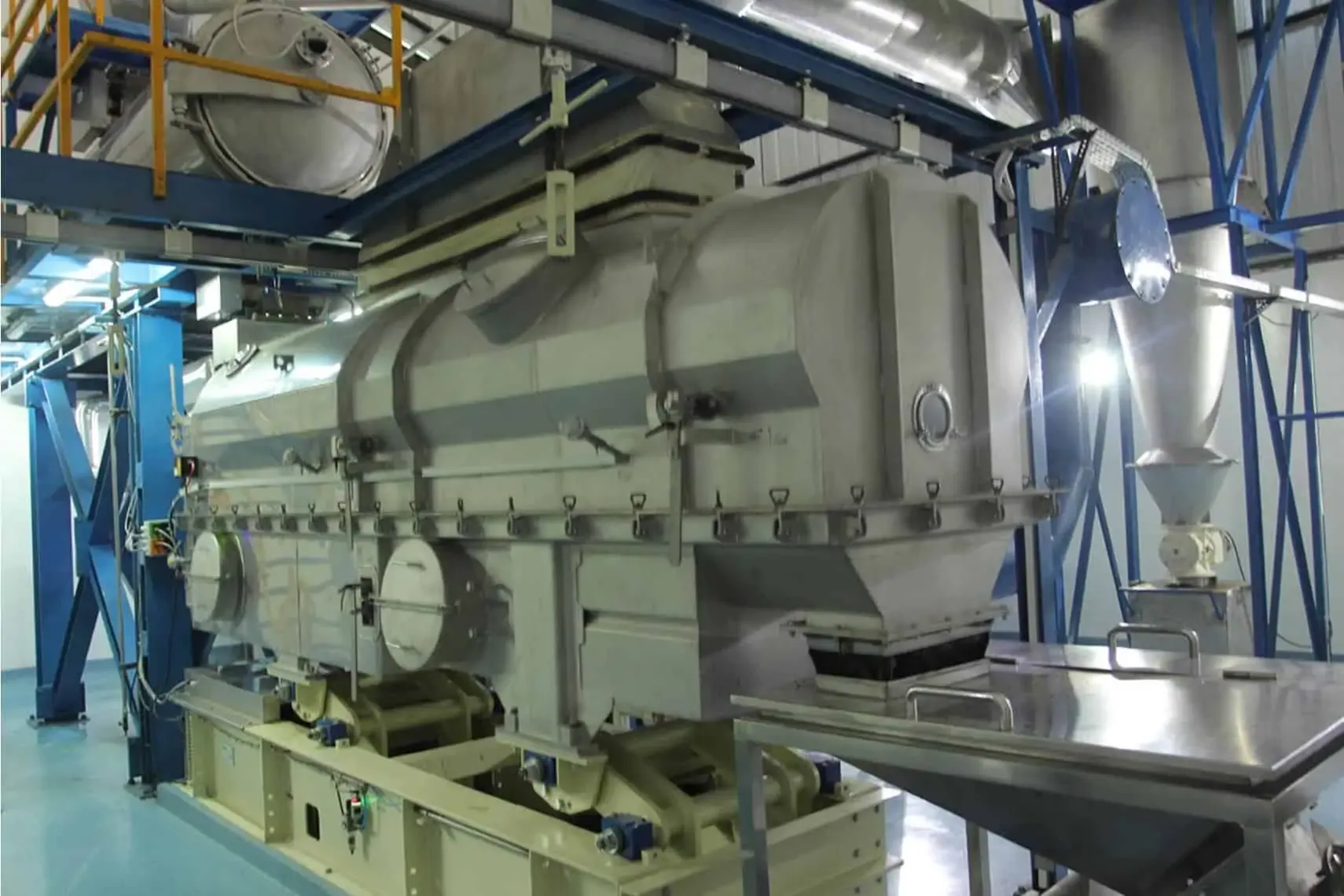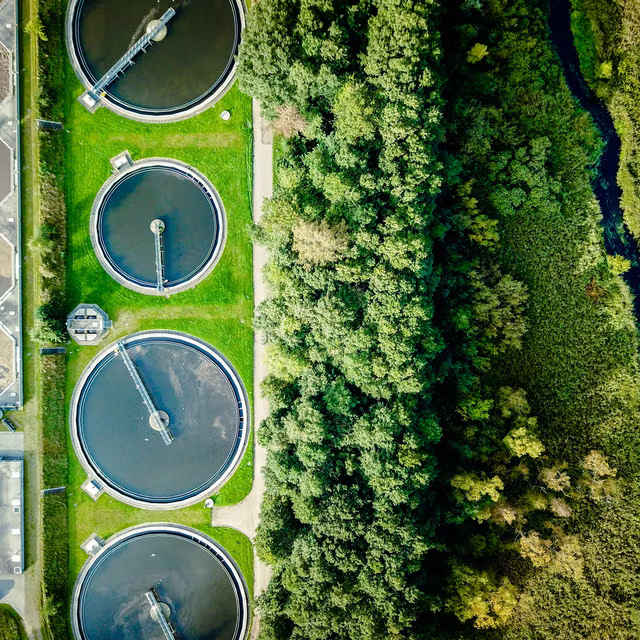Sustainable Wastewater Treatment and Management in Spice and Seasoning Processing Methods
As the global demand for spices and seasonings continues to grow, the processing industries must adopt sustainable practices, especially concerning wastewater treatment and management. The spice and seasoning processing sector generates wastewater during various stages, from washing raw materials to cleaning equipment. Managing this wastewater effectively not only ensures compliance with environmental regulations but also contributes to sustainability and resource conservation.

Understanding Wastewater Generation in Spice and Seasoning Processing
In spice and seasoning processing, wastewater is primarily produced during several key activities. First, raw material washing is essential before spices are processed to remove dirt, dust, and any residual pesticides. This washing generates a significant amount of wastewater that may contain suspended solids, organic matter, and contaminants.
During the grinding and milling processes, the grinding of spices can produce dust and particles that may become airborne or contaminate water used for cleaning. While the direct generation of wastewater may be less during this phase, the need for equipment cleaning increases water use. Additionally, certain spices undergo processing stages, such as blanching or steaming, which can contribute to wastewater generation. These processes often involve water that needs to be treated afterward.
Finally, equipment cleaning is crucial for preventing cross-contamination and ensuring product quality. This cleaning process typically involves the use of detergents and generates wastewater with higher levels of chemical pollutants. Thus, understanding these stages helps in identifying opportunities for reducing wastewater generation and implementing effective treatment solutions.

Characteristics of Wastewater from Spice and Seasoning Processing
The wastewater generated in spice and seasoning processing typically exhibits several distinctive characteristics. The organic load is a significant factor, as the presence of plant material, oils, and residues from spices contributes to a high biological oxygen demand (BOD) and chemical oxygen demand (COD). These high levels indicate the potential for pollution if not treated properly before discharge.
Another critical aspect is the presence of suspended solids. Solid particles from raw materials and processing contribute to turbidity and require sedimentation or filtration for removal. Nutrients such as nitrogen and phosphorus may also be present, particularly if fertilizers were used in the cultivation of the spices. Excessive nutrients can lead to eutrophication in receiving water bodies, causing ecological imbalance.
Finally, the pH variability of wastewater can differ significantly based on the ingredients used, especially acidic compounds from spices or vinegar in seasoning mixes. This variability poses challenges for treatment processes, which may need to be adjusted to handle fluctuations in wastewater characteristics effectively. Recognizing these characteristics enables processors to tailor their treatment solutions accordingly.
Sustainable Wastewater Treatment Methods
To address the challenges posed by wastewater in spice and seasoning processing, sustainable treatment methods are essential. Preliminary treatment is the first step, involving the removal of large solids and floating debris using screening and sedimentation. The aim is to reduce the load on subsequent treatment stages, thus enhancing overall treatment efficiency.
Following this, biological treatment methods such as aerobic or anaerobic digestion help break down organic matter and reduce BOD and COD levels. Anaerobic digestion, in particular, can produce biogas, which can be harnessed as a renewable energy source, providing both waste management and energy recovery benefits.
Another effective method is the use of constructed wetlands. This natural treatment approach employs plants and microorganisms to treat wastewater, effectively reducing pollutants while providing additional ecological benefits, such as habitat for wildlife. Constructed wetlands are particularly appealing for spice processors seeking eco-friendly solutions.
For higher efficiency, membrane bioreactors (MBR) combine biological treatment with membrane filtration, producing high-quality effluent suitable for reuse in non-potable applications, such as irrigation or equipment cleaning. This dual-functionality maximizes resource recovery from wastewater.
Lastly, reverse osmosis (RO) is beneficial for wastewater with high salinity or specific chemical contaminants, as it effectively removes dissolved solids and generates high-quality water for reuse. By implementing these sustainable treatment methods, spice processors can mitigate their environmental impact and promote water conservation.
Sustainable Management Practices
Effective management of wastewater in spice and seasoning processing is crucial for promoting sustainability. One of the most impactful practices is water recycling and reuse. Implementing water recycling systems can significantly reduce the overall water demand in the processing facility. Treated wastewater can be reused for washing or irrigation, thus minimizing fresh water consumption and promoting circular water use.
In addition, establishing monitoring and control systems allows for real-time tracking of wastewater characteristics. This capability enables proactive management of treatment processes to ensure compliance with discharge regulations and optimize treatment efficiency. Regular monitoring helps identify potential issues before they escalate, facilitating timely interventions.
Furthermore, employee training and awareness are essential. Educating staff about the importance of water conservation and sustainable practices fosters a culture of responsibility and environmental stewardship within the organization. When employees understand the impact of their actions on wastewater generation and treatment, they are more likely to adopt sustainable behaviors.
Companies should also consider investment in sustainable technologies. Upgrading equipment and investing in advanced treatment technologies can enhance the efficiency of wastewater management while reducing environmental impact. Sustainable technologies often come with long-term cost savings, making them a worthwhile investment.
Finally, forming partnerships and collaborations with environmental agencies and industry organizations can provide access to resources, knowledge, and best practices for effective wastewater treatment. Collaborative efforts can lead to shared learning and innovation in sustainable practices, benefiting the entire industry.

Conclusion
Sustainable wastewater treatment and management in spice and seasoning processing are critical for minimizing environmental impact and ensuring compliance with regulations. By adopting advanced treatment methods and implementing effective management practices, the industry can significantly reduce its water footprint while maintaining high product quality. Embracing sustainability not only benefits the environment but also enhances the reputation and competitiveness of spice and seasoning manufacturers in a market increasingly focused on eco-friendly practices. Through innovation and commitment to responsible resource use, the spice industry can contribute to a more sustainable future.